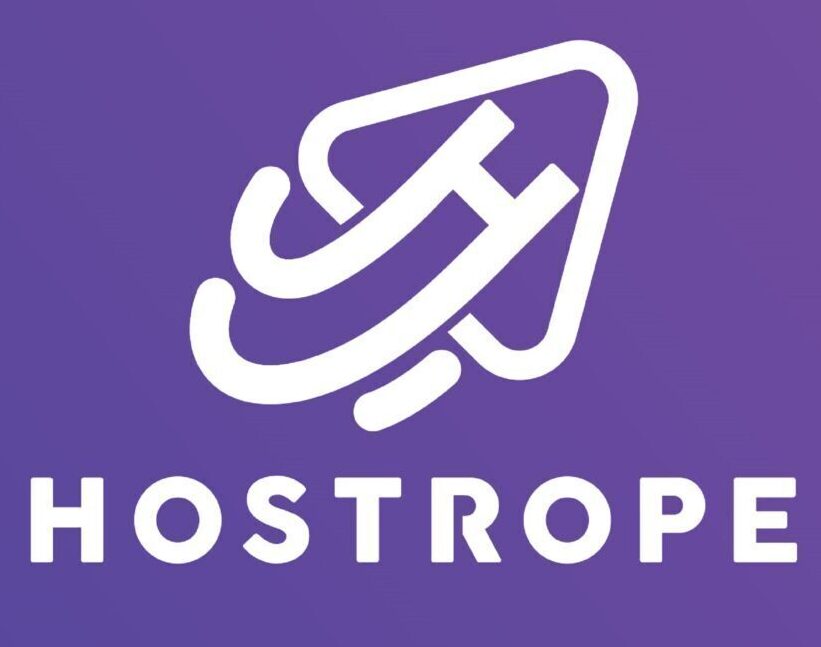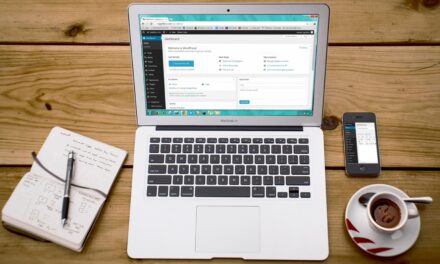Introduction
When it comes to getting your ideas out there, starting a blog is one of the most versatile, accessible, and cost-effective ways to share your voice and perspectives with the world.
Maybe you’ve heard of other people’s success in blogging but don’t know where to start. Or maybe you’ve had a blog before but are looking to spice it up with some new ideas. Whatever the case may be, this article will provide valuable tips on how to get started with a successful blog.
Decide on a Blogging Platform
Getting started with a blog should be an exciting and energizing journey—and you don’t need to be a tech whizz to launch one. The most important task here is deciding which blogging platform you want to use.
There are plenty of options out there, and each one comes with its pros and cons. Some might offer easy setup and management—but they might not give you the design control you’re looking for. Meanwhile, WordPress is arguably the most popular choice—but it can also be more difficult to customize and manage than the other options.
Pick Your Niche and Brainstorm Content Ideas
Ready to start putting your creativity into action? The next step is to narrow down your focus and decide what kind of blog you’re going to make. There are so many different topics you could write about, from travel and lifestyle to hobbies and skills you want to share with the world.
Take some time to brainstorm ideas for your blog—what does your perfect blog post look like? What types of topics would you feel excited about writing on? Even if you have a few broad interests, break them down into subcategories and think about what kind of content resonates best with your readers.
When it comes to content ideas, create a list of posts that you can use as starting points—including any evergreen or seasonal topics that will help keep your blog fresh and engaging throughout the year. If all this feels overwhelming at first, remember that it’s totally normal to struggle with what direction to take! Start by writing down any thoughts or ideas that come up, even if they seem too simple or silly at first. With enough practice, you’ll find it easier to come up with creative ideas for each post.
Make Your Website Look Professional and Attractive
It’s time to make your blog look as good as it can! Whether you’re using WordPress, or another blogging platform, it doesn’t matter – you can still make your website stand out from the crowd. Here’s what you need to do:
Choose the Right Theme
Your theme is the main design for your website, and with so many to choose from, it can be hard to know which one to pick. Your theme should match the topic of your blog, so if you’re blogging about fashion, then look for something that gives oomph and style! You also want a theme that is responsive on different devices — this is especially important if you are aiming at a mobile audience.
Get Creative With Plugins
Plugins are the building blocks of your website. They enable everything from SEO optimization to attractively displaying images. Spend some time reading each plug-in description carefully before deciding which ones to install — they can make a difference in how professional and attractive your site looks.
Use High-Quality Images
Images are a great way to add visual appeal and interest to your blog posts — but be sure not to use just any images you find online! Make sure that everything is royalty-free or credited appropriately. You can easily search for royalty-free stock photos online. With quality images adorning your web pages and posts, visitors will be engaged from the moment they arrive onsite.
Learn Basic SEO Practices to Optimize Your Posts
SEO is an important part of blogging, and learning basic SEO strategies can help you get more eyes on your blog and give you an advantage in the crowded digital space.
Research and keywords
One key part of SEO is researching and understanding how people are searching for topics related to your blog. This will involve searching different terms and checking their popularity and competition. From there you can identify the keywords that are most relevant to the topics you want to discuss on your blog so that when someone searches those keywords they’ll be more likely to find your content.
Optimize Your Content
Once you’ve identified the target keywords for your blog, you’ll need to optimize them in your content. You can do this by including key phrases in titles and headings as well as using them throughout the copy, but don’t stuff too many keywords into your posts or it will read poorly. It’s also important to ensure that the title tags and meta descriptions for each post demonstrate relevance for people who find them via an online search—this can help boost the visibility of your blog overall.
Finally, building quality backlinks is a great way to improve the visibility of your blog posts as well as increase traffic coming to them from other websites. To get started, look for blogs with related content that have comments open or allow guest posting. Reach out with interesting ideas or just ask if they would be willing to link back to a post of yours if they think it fits with their audience.
Leverage Social Media to Promote Your Blog
You’ve got the blog. Now it’s time to share it with the world. Leveraging social media is one of the best ways to do this.
Know Your Platforms
Social media isn’t a “one size fits all” kind of model and you should think carefully about which platforms will be most effective for your blog. Depending on the niche and topic you write about, some social media networks may be better suited than others to promote your content and reach new readers.
Schedule Your Posts
Once you know which social media platforms to use, create a content calendar with a consistent frequency of posts — consider aiming for at least once a day — and schedule your posts ahead of time whenever possible! This will help ensure that your content is consistently disseminated across different channels while keeping up with topics that are trending in real-time. Scheduling tools like Hootsuite or Buffer are great options if you need extra help with staying organized and on schedule.
Connect With Your Community
Blogging is about more than sharing content — it’s also about connecting with people who are interested in what you have to say! Make sure to respond promptly to comments or direct messages from readers, as well as follow similar accounts or those who participate in relevant conversations so that you can make meaningful connections with like-minded individuals.
Tools You Need to Start Your First Blog
Domain Name
First, you need a domain name—the address of your blog—which will be something like “[Your Blog Name].com”. You can register most domain names through a variety of reputable sites such as GoDaddy or Namecheap, with costs ranging from around $10-30 a year.
Web Hosting
Next, you need a web host, which allows your website to be visible on the internet. Costs vary depending on the features and services offered by any given web hosting company but can range from $5-50 a month. Services such as Bluehost are reliable and offer good options for beginner blog owners.
Content Management System (CMS)
Finally, you’ll need to install a content management system (CMS) such as WordPress or Joomla to manage your content and create posts for your blog. This system allows you to create posts and pages, add images and videos, manage comments from your readers, and more!
Monetize Your Blog to Generate Income
So, you’ve put in the hard work and created your blog. Now for the fun part—monetizing it! How to do that? Well, you have a few options:
Display Ads
You can set up display ads on your blog, connecting with an ad network like Google AdSense or Media.net and monetizing your content, although success will depend on traffic to your site.
Affiliate Marketing
Another way to monetize is with affiliate marketing. Reach out to merchants or brands and offer to promote their products or services on your blog, earning a commission for each referral (see our ultimate guide to affiliate marketing).
Sponsored Posts
You could also charge companies directly for sponsored posts—that is, they can pay you to create specific content related to their product on your blog. This option might also include reviews of products and services. Of course, you’ll have complete editorial control over these posts—so you won’t have someone punishingly dictating what you say!
Digital Services
Finally, if you’re experienced in a particular field such as writing, web design, or photography, you could use the platform of your blog to promote digital services and make money from that as well.
Conclusion
Starting a blog can be a great way to empower yourself to come up with creative ideas and once you’ve got your blog up and running, you can start writing about topics that interest you and sharing your ideas with your readers. Remember, your blog is your creative space. Have fun and don’t be afraid to break the rules. Who knows—you might even start a new trend in the blogosphere.








